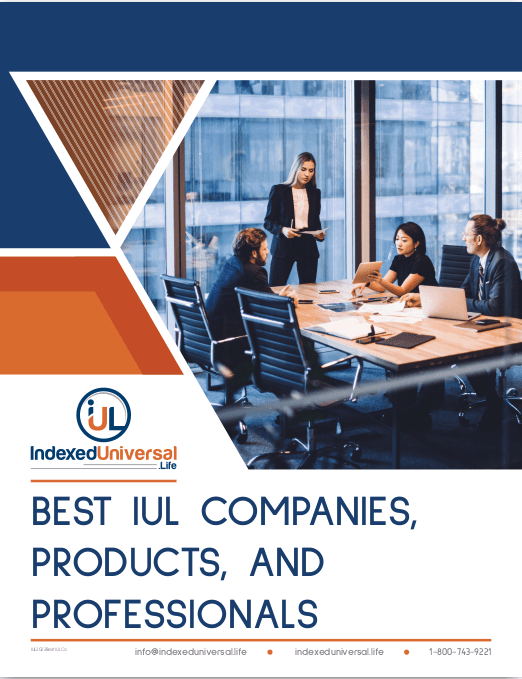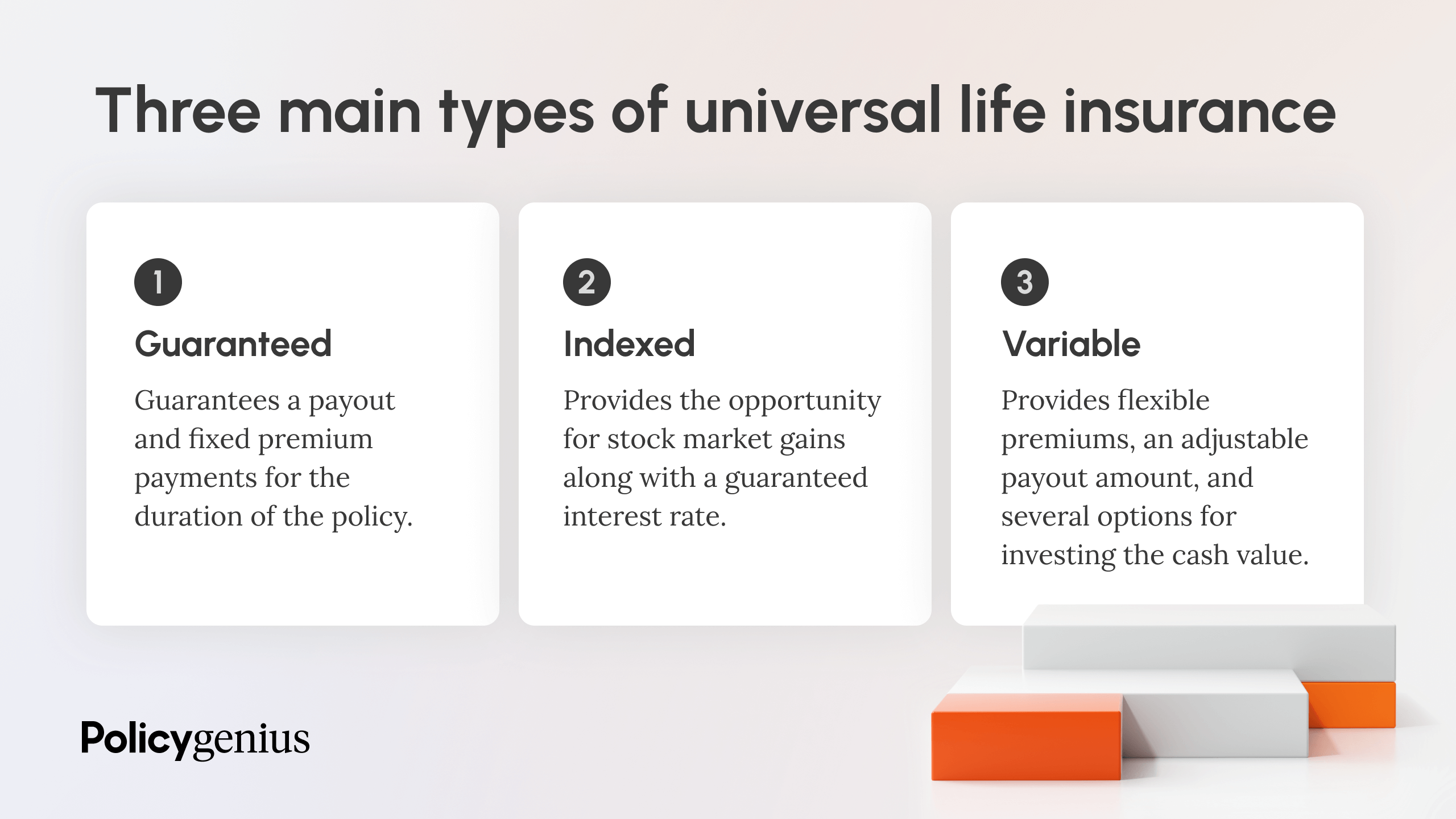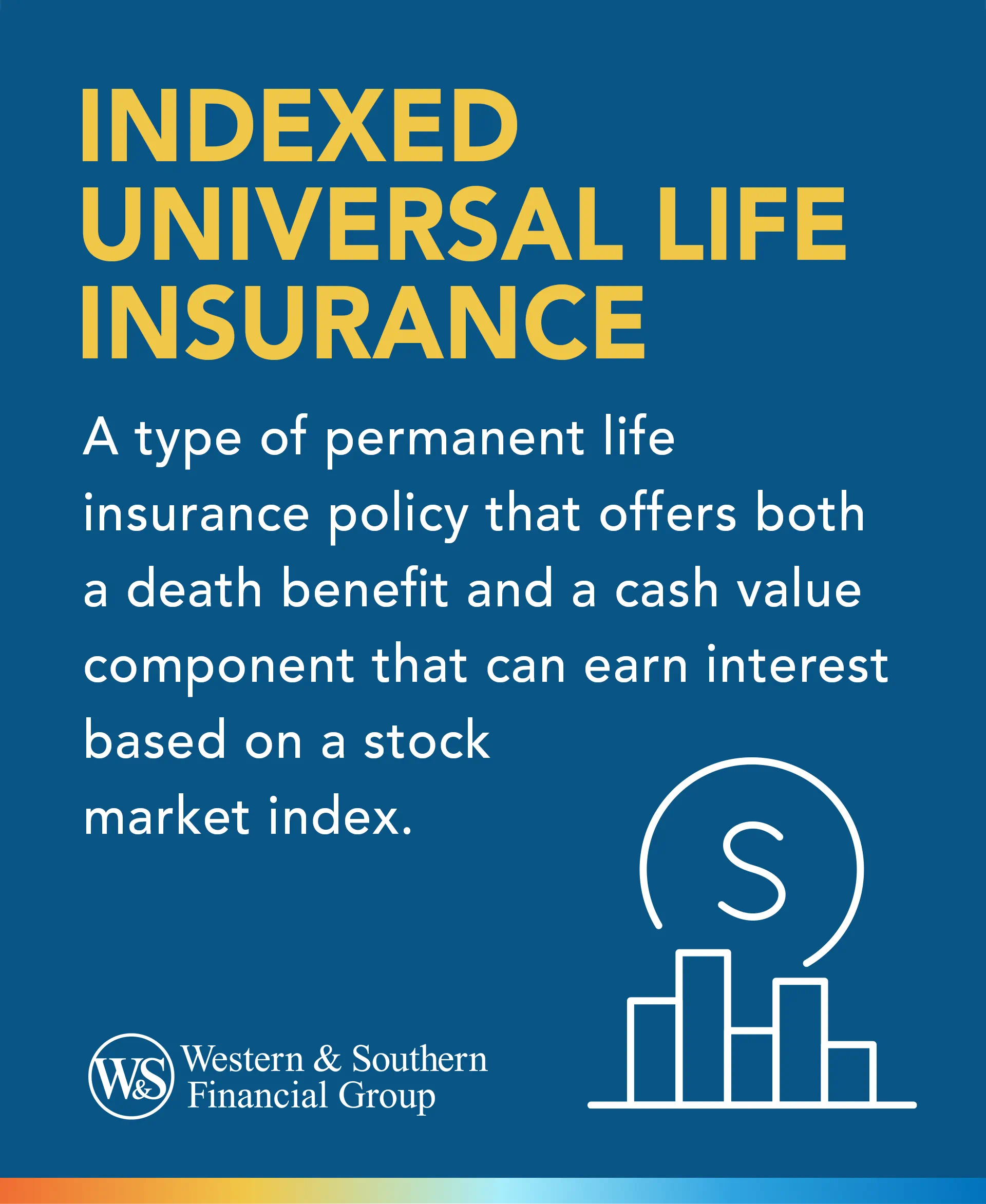All Categories
Featured
Table of Contents
Do they contrast the IUL to something like the Vanguard Total Supply Market Fund Admiral Shares with no lots, an expenditure ratio (EMERGENCY ROOM) of 5 basis points, a turnover proportion of 4.3%, and an exceptional tax-efficient record of circulations? No, they contrast it to some awful proactively handled fund with an 8% load, a 2% EMERGENCY ROOM, an 80% turn over ratio, and an awful record of temporary capital gain circulations.
Common funds usually make yearly taxable distributions to fund owners, also when the worth of their fund has gone down in value. Common funds not only need revenue reporting (and the resulting annual taxes) when the shared fund is increasing in worth, yet can likewise impose revenue taxes in a year when the fund has decreased in worth.
You can tax-manage the fund, collecting losses and gains in order to decrease taxable circulations to the financiers, yet that isn't somehow going to change the reported return of the fund. The possession of mutual funds might need the common fund owner to pay projected tax obligations (indexed life insurance pros cons).

IULs are simple to position so that, at the proprietor's fatality, the beneficiary is exempt to either earnings or estate tax obligations. The very same tax obligation reduction strategies do not function nearly as well with common funds. There are many, frequently expensive, tax traps associated with the moment trading of mutual fund shares, catches that do not relate to indexed life Insurance.
Opportunities aren't very high that you're mosting likely to go through the AMT due to your shared fund circulations if you aren't without them. The remainder of this one is half-truths at best. While it is true that there is no revenue tax obligation due to your beneficiaries when they inherit the earnings of your IUL plan, it is additionally real that there is no revenue tax due to your beneficiaries when they acquire a shared fund in a taxed account from you.
Iul Insurance Quotes
The government inheritance tax exception limit mores than $10 Million for a pair, and growing every year with inflation. It's a non-issue for the vast bulk of physicians, a lot less the rest of America. There are much better methods to stay clear of inheritance tax problems than getting investments with reduced returns. Shared funds may create income tax of Social Safety and security benefits.

The growth within the IUL is tax-deferred and may be taken as free of tax revenue through fundings. The policy proprietor (vs. the shared fund supervisor) is in control of his or her reportable earnings, hence enabling them to lower or perhaps get rid of the taxes of their Social Safety and security benefits. This one is excellent.
Here's another minimal issue. It holds true if you purchase a common fund for claim $10 per share simply before the distribution day, and it distributes a $0.50 circulation, you are then going to owe tax obligations (probably 7-10 cents per share) although that you haven't yet had any kind of gains.
But in the end, it's really regarding the after-tax return, not just how much you pay in tax obligations. You are going to pay even more in taxes by making use of a taxable account than if you acquire life insurance policy. However you're likewise probably going to have even more money after paying those taxes. The record-keeping requirements for having common funds are considerably more complicated.
With an IUL, one's records are kept by the insurance policy firm, duplicates of yearly declarations are mailed to the proprietor, and distributions (if any kind of) are amounted to and reported at year end. This one is also type of silly. Of training course you need to keep your tax obligation documents in instance of an audit.
Best Iul Insurance
Barely a factor to acquire life insurance. Common funds are generally part of a decedent's probated estate.
Furthermore, they undergo the hold-ups and costs of probate. The proceeds of the IUL policy, on the various other hand, is constantly a non-probate distribution that passes outside of probate directly to one's called recipients, and is as a result not subject to one's posthumous creditors, undesirable public disclosure, or comparable hold-ups and costs.
Medicaid disqualification and lifetime revenue. An IUL can provide their owners with a stream of earnings for their entire lifetime, regardless of just how long they live.

This is beneficial when arranging one's events, and transforming possessions to revenue prior to a retirement home confinement. Mutual funds can not be transformed in a similar fashion, and are often taken into consideration countable Medicaid properties. This is another dumb one supporting that poor individuals (you understand, the ones that need Medicaid, a government program for the inadequate, to pay for their retirement home) need to utilize IUL rather of common funds.
Universal Life Insurance California
And life insurance policy looks terrible when contrasted relatively against a pension. Second, people who have cash to get IUL over and past their pension are mosting likely to have to be terrible at managing money in order to ever before get Medicaid to pay for their retirement home prices.
Persistent and terminal ailment motorcyclist. All plans will permit an owner's simple access to money from their policy, commonly forgoing any surrender fines when such individuals experience a severe disease, need at-home treatment, or end up being constrained to a nursing home. Mutual funds do not offer a comparable waiver when contingent deferred sales fees still relate to a shared fund account whose proprietor needs to offer some shares to money the prices of such a keep.
Indexed Whole Life
You obtain to pay more for that advantage (cyclist) with an insurance plan. What a lot! Indexed universal life insurance policy gives survivor benefit to the recipients of the IUL proprietors, and neither the proprietor neither the beneficiary can ever before shed cash as a result of a down market. Common funds provide no such assurances or survivor benefit of any type of kind.
I certainly don't need one after I get to economic independence. Do I desire one? On standard, a buyer of life insurance pays for the true price of the life insurance advantage, plus the prices of the policy, plus the earnings of the insurance coverage business.
Iul Tax Free Retirement
I'm not entirely sure why Mr. Morais included the entire "you can't lose cash" once more here as it was covered rather well in # 1. He simply desired to duplicate the finest selling factor for these things I expect. Again, you do not lose small dollars, however you can shed genuine bucks, along with face serious possibility cost due to low returns.

An indexed global life insurance coverage plan proprietor may exchange their policy for a completely various policy without causing income tax obligations. A mutual fund owner can not move funds from one common fund business to another without offering his shares at the previous (hence triggering a taxable event), and redeeming new shares at the last, typically based on sales costs at both.
While it holds true that you can exchange one insurance coverage for an additional, the factor that individuals do this is that the very first one is such an awful policy that also after buying a brand-new one and experiencing the very early, negative return years, you'll still appear in advance. If they were sold the best plan the very first time, they should not have any need to ever exchange it and experience the very early, adverse return years once again.
Latest Posts
What Is Universal Life Insurance With Living Benefits
Guaranteed Universal Life Insurance Rates
Cheap Universal Life Insurance